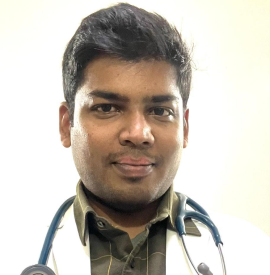Psychiatry Department
Psychiatry is a branch of medicine focused on the diagnosis, treatment, and prevention of mental, emotional, and behavioral disorders. Psychiatrists are medical doctors who specialize in mental health, including substance use disorders. They are qualified to assess both the mental and physical aspects of psychological problems.
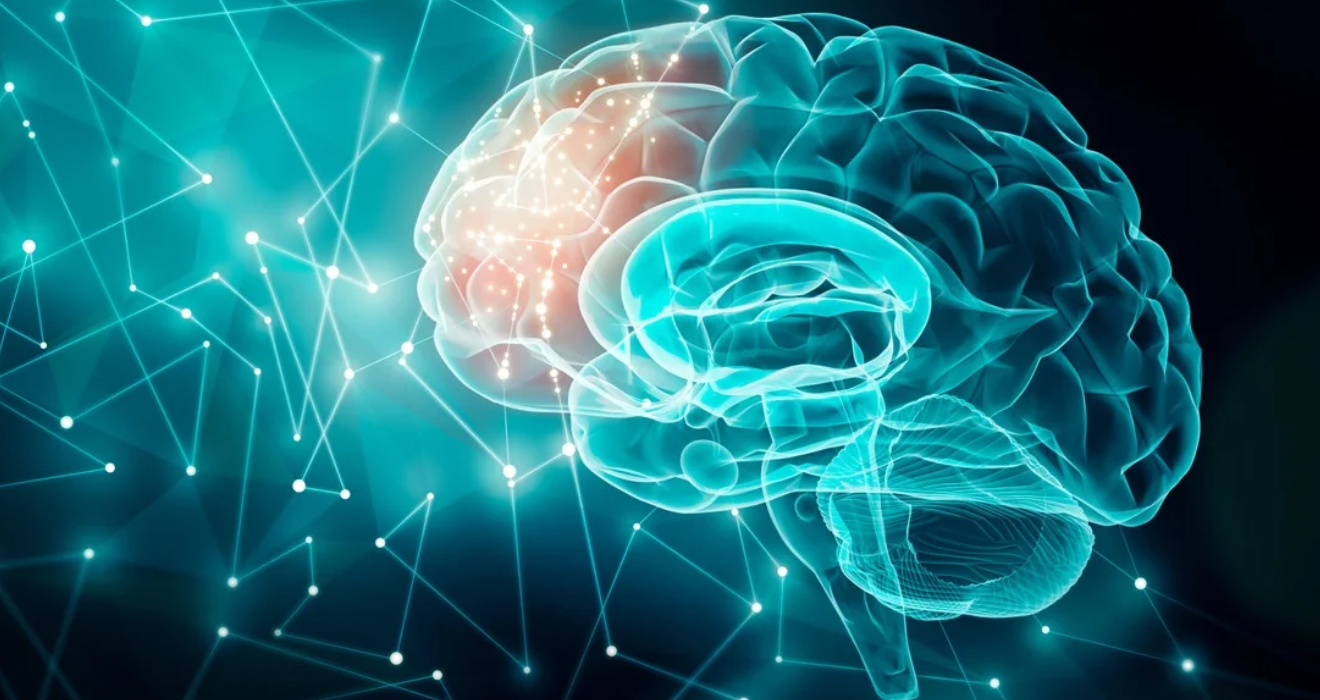
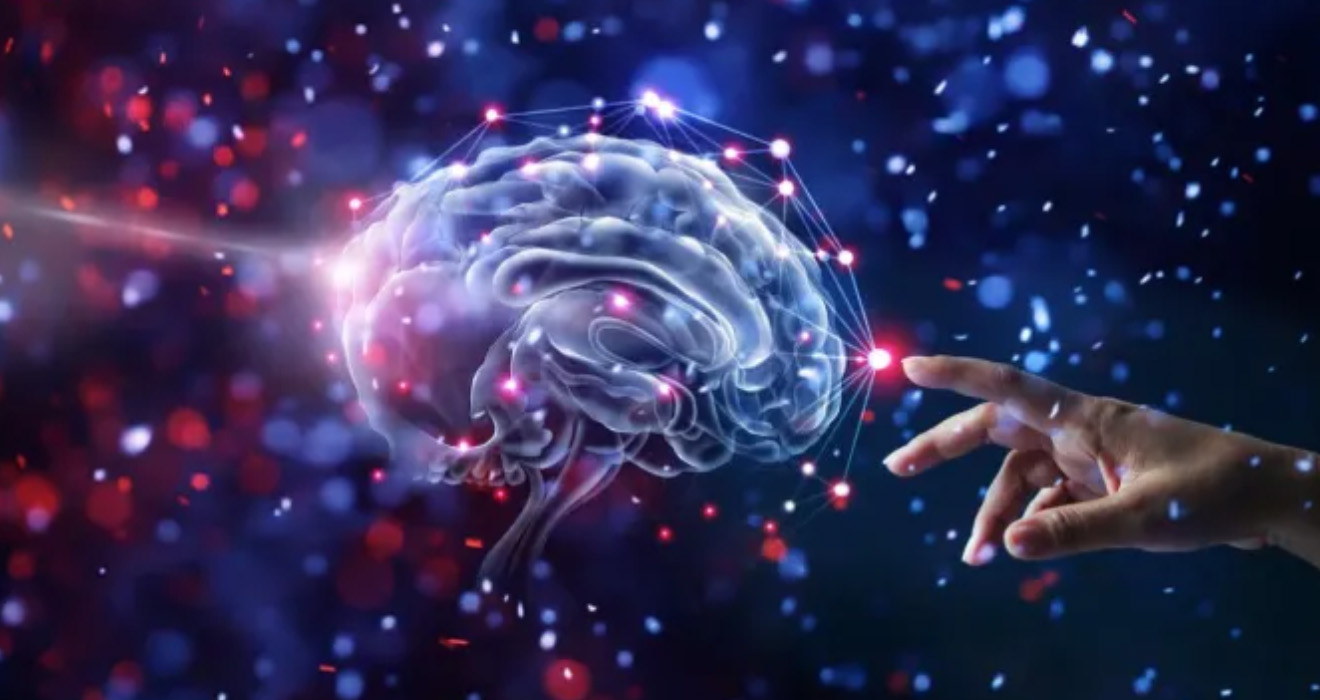
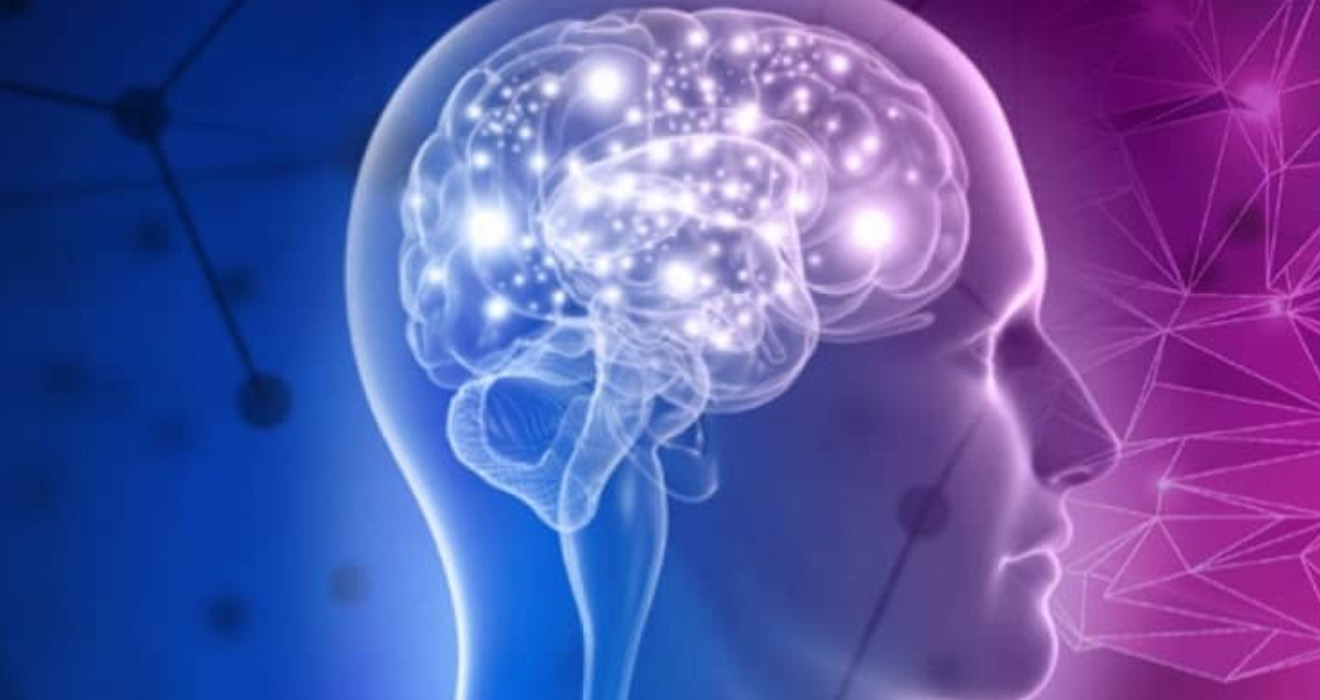
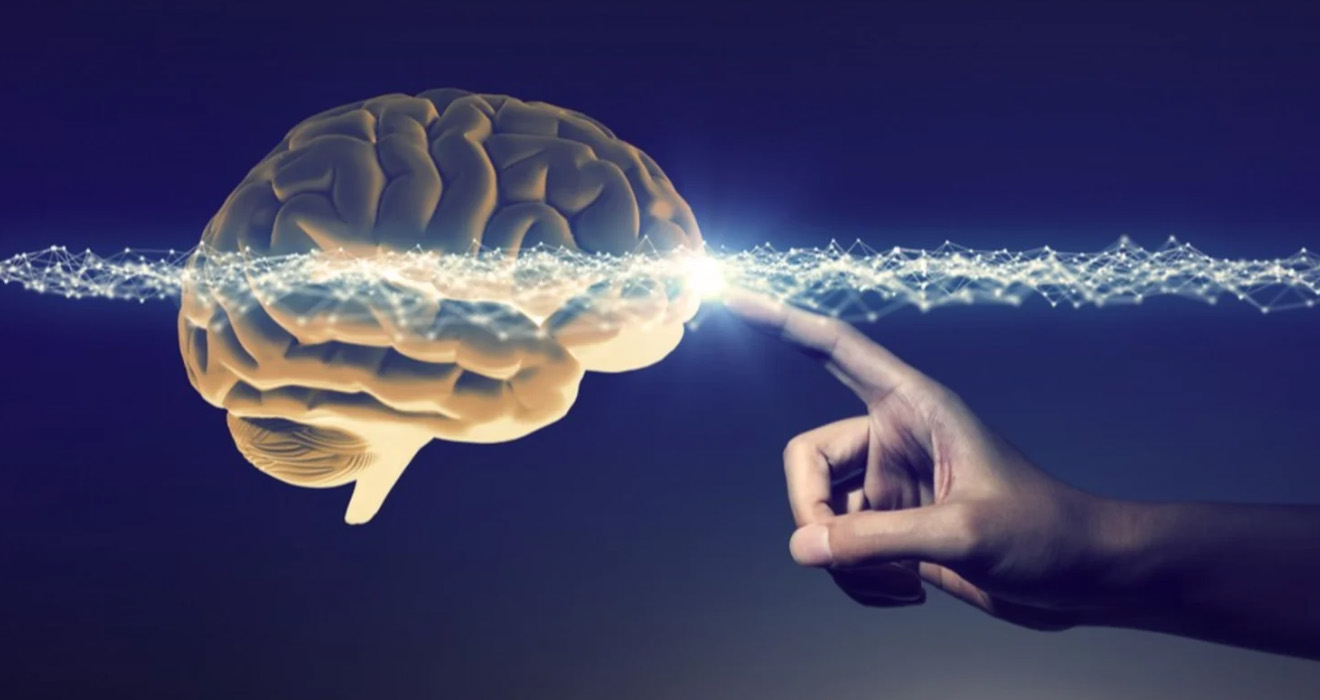
Diagnosis and Evaluation:
- Conducting comprehensive patient evaluations, which include taking medical histories and performing mental status examinations.
- Using various diagnostic tools and criteria (such as the DSM-5) to identify mental health conditions.
Treatment Planning:
- Developing individualized treatment plans that may include medication, psychotherapy, or a combination of both.
- Collaborating with other healthcare providers to ensure a holistic approach to patient care.
Medication Management:
- Prescribing psychiatric medications such as antidepressants, antipsychotics, mood stabilizers, and anxiolytics.
- Monitoring patients for side effects and effectiveness, adjusting medications as necessary.
Psychotherapy:
- Providing various forms of psychotherapy (talk therapy), such as cognitive-behavioral therapy (CBT), psychodynamic therapy, and supportive therapy.
- Helping patients understand their conditions, manage symptoms, and improve their coping skills.
Crisis Intervention:
- Responding to psychiatric emergencies, including suicidal ideation, acute psychosis, and severe depression.
- Providing immediate care and stabilization, often in collaboration with emergency medical services.
Preventive Care:
- Educating patients and families about mental health, preventive strategies, and early signs of psychiatric disorders.
- Implementing interventions to prevent relapse or deterioration of mental health conditions.
Research and Advocacy:
- Engaging in clinical research to advance the field of psychiatry and improve treatment methods.
- Advocating for mental health awareness and better mental health services.
Mood Disorders:
- Depression: Characterized by persistent sadness, loss of interest, and other emotional and physical symptoms.
- Bipolar Disorder: Marked by episodes of mania/hypomania and depression.
Anxiety Disorders:
- Generalized Anxiety Disorder (GAD): Excessive worry about various aspects of life.
- Panic Disorder: Recurrent, unexpected panic attacks.
- Social Anxiety Disorder: Intense fear of social situations.
Psychotic Disorders:
- Schizophrenia: Characterized by delusions, hallucinations, disorganized thinking, and impaired functioning.
Substance Use Disorders:
- Dependence or abuse of substances such as alcohol, drugs, and prescription medications.
Personality Disorders:
- Borderline Personality Disorder: Instability in relationships, self-image, and emotions.
- Antisocial Personality Disorder: Disregard for others' rights, impulsivity, and deceitfulness.
Eating Disorders:
- Anorexia Nervosa: Restriction of food intake leading to low body weight.
- Bulimia Nervosa: Binge eating followed by compensatory behaviors like vomiting.
Attention-Deficit/Hyperactivity Disorder (ADHD):
- Characterized by inattention, hyperactivity, and impulsiveness.
Obsessive-Compulsive Disorder (OCD):
- Recurrent, unwanted thoughts (obsessions) and repetitive behaviors (compulsions).
Psychopharmacology:
- Managing psychiatric medications to treat mental health conditions.
- Regular follow-ups to assess the effectiveness and adjust dosages.
Psychotherapy:
- Cognitive-Behavioral Therapy (CBT): Focuses on changing negative thought patterns and behaviors.
- Psychodynamic Therapy: Explores unconscious feelings and past experiences.
- Supportive Therapy: Provides encouragement and advice to help patients cope with their condition.
Electroconvulsive Therapy (ECT):
- Used for severe depression or treatment-resistant mental illnesses, involving electrical stimulation of the brain under anesthesia.
Transcranial Magnetic Stimulation (TMS):
- A non-invasive procedure that uses magnetic fields to stimulate nerve cells in the brain, used for depression and other conditions.
Crisis Intervention:
- Immediate and short-term psychological care aimed at assisting individuals in a crisis situation to restore equilibrium to their biopsychosocial functioning and minimize the potential for long-term psychological trauma.
- Medical School: Completion of a Doctor of Medicine (MD) or Doctor of Osteopathic Medicine (DO) degree.
- Residency: A 4-year residency program in psychiatry, which includes training in various subspecialties such as child and adolescent psychiatry, geriatric psychiatry, forensic psychiatry, and psychosomatic medicine.
- Fellowship (Optional): Additional specialized training in a specific area of psychiatry, typically lasting 1-2 years.
Clinical Assessment:
- Evaluating patients through comprehensive history-taking and mental status examinations.
- Formulating diagnoses based on clinical findings and diagnostic criteria.
Therapeutic Intervention:
- Implementing evidence-based treatments, including pharmacotherapy and psychotherapy.
- Adjusting treatment plans based on patient response and progress.
Patient and Family Education:
- Providing information about mental health conditions, treatment options, and coping strategies.
- Offering support and resources to patients and their families.
Multidisciplinary Collaboration:
- Working with other healthcare professionals, such as psychologists, social workers, and primary care physicians, to provide integrated care.
- Participating in multidisciplinary team meetings to discuss and coordinate patient care.
Research and Continuing Education:
- Staying updated with the latest research and developments in psychiatry.
- Participating in continuing medical education (CME) activities to maintain licensure and board certification.
Psychiatrists play a crucial role in the mental health care system, offering comprehensive care that addresses both the psychological and physical aspects of mental health disorders. Their expertise in diagnosis, treatment, and prevention helps improve the quality of life for individuals with mental health conditions.
Psychiatry Specialist
A psychiatry specialist, often referred to as a psychiatrist, is a medical doctor who specializes in diagnosing, treating, and preventing mental, emotional, and behavioral disorders. These specialists have undergone extensive medical training and possess expertise in understanding the complexities of the human mind and its interaction with the body. Here's an overview of their key responsibilities, common conditions treated, and the training pathway to become a psychiatrist

